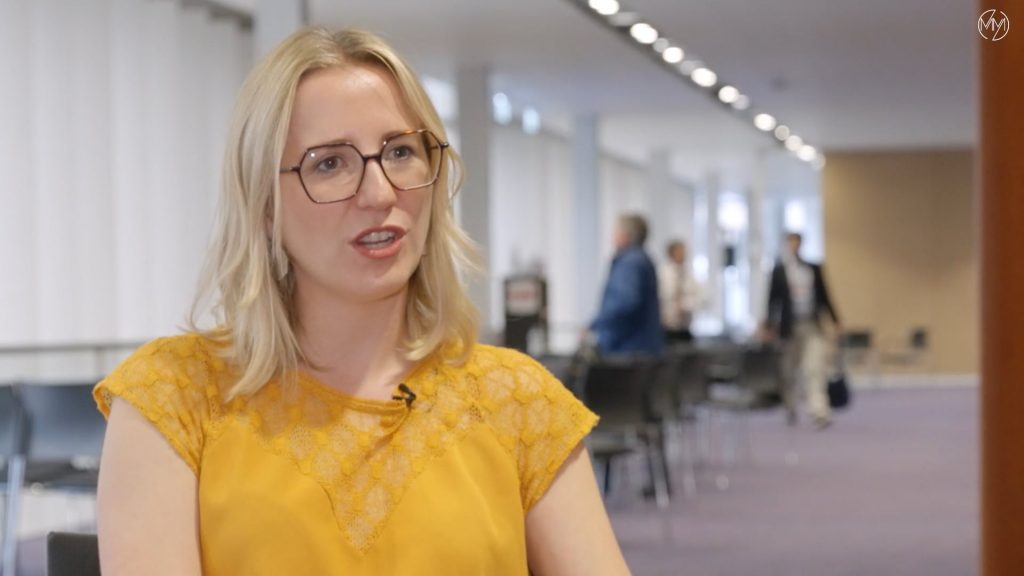Presented by Dr Ir Chris Callewaert (Ghent University Hospital, Belgium)
Chris Callewaert is a researcher at the Ghent University Hospital who studies the relationship between the skin microbiome and skin disease. In this capacity he was asked to give a lecture on the impact of climate change on the development, or exacerbation of skin diseases.
The close relationship between the skin microbiome and skin disease became apparent from studies looking into the differences between the skin microbiome of indigenous tribes in the amazon region and the Western population. Interestingly, indigenous people hardly ever suffer from skin diseases such as atopic dermatitis (AD), psoriasis, eczema, or dandruff. In an attempt to explain this, studies into the skin microbiome of these people indicated a much larger diversity in microbial species than what is seen in the Western population.1
The impact of climate change on skin disease is clear. For example, higher outside temperatures have been shown to be associated with a higher incidence of doctor visits for AD.2 Similarly, higher temperatures also increase the likelihood for hidradenitis suppurativa (HS) flares and associated emergency doctor visits.3 The previously mentioned relationship between the skin microbiome and skin disease may in part explain this. In fact, higher temperatures lead to more sweating and a dampening of the skin which leads to a change in the composition of the skin microbiome.
In addition to this, strong, frequent or prolonged activation of the body’s stress system in response to natural disasters, such a floods or tropical storms, has a profound impact on the immune system. In that way, the stress caused by climate change can exacerbate existing immune-mediated dermatologic conditions such as AD, psoriasis, vitiligo, alopecia areata and chronic urticaria.
References:
- McCall L, et all Nat Microbiol 2020;5(1):108-15.
- Ye C, et al. Dermatology 2022;238(5):939-49.
- Singh R, et al. Arch Dermatol Res 2023;316(1):49.
You may also be interested in:
Made possible with the financial support of our partners.
All videos are developed independently and are non-promotional.




